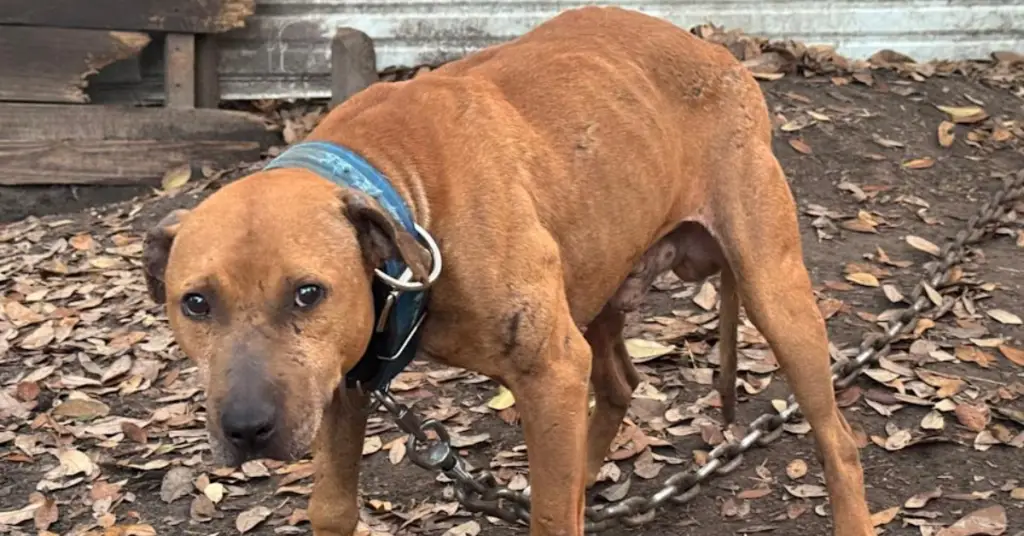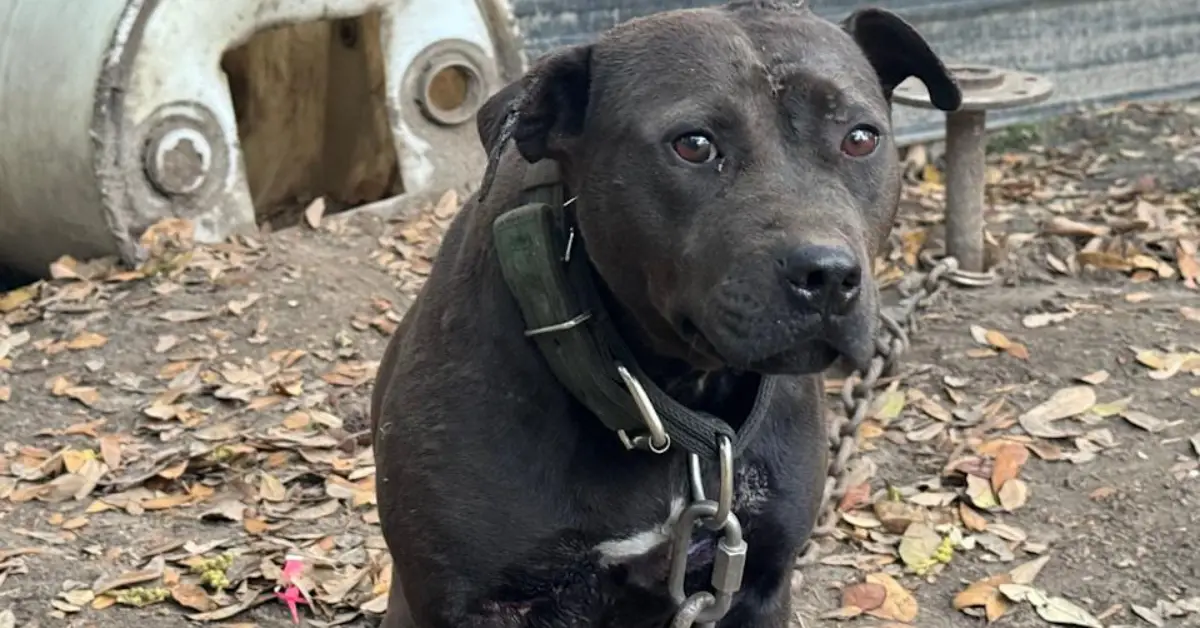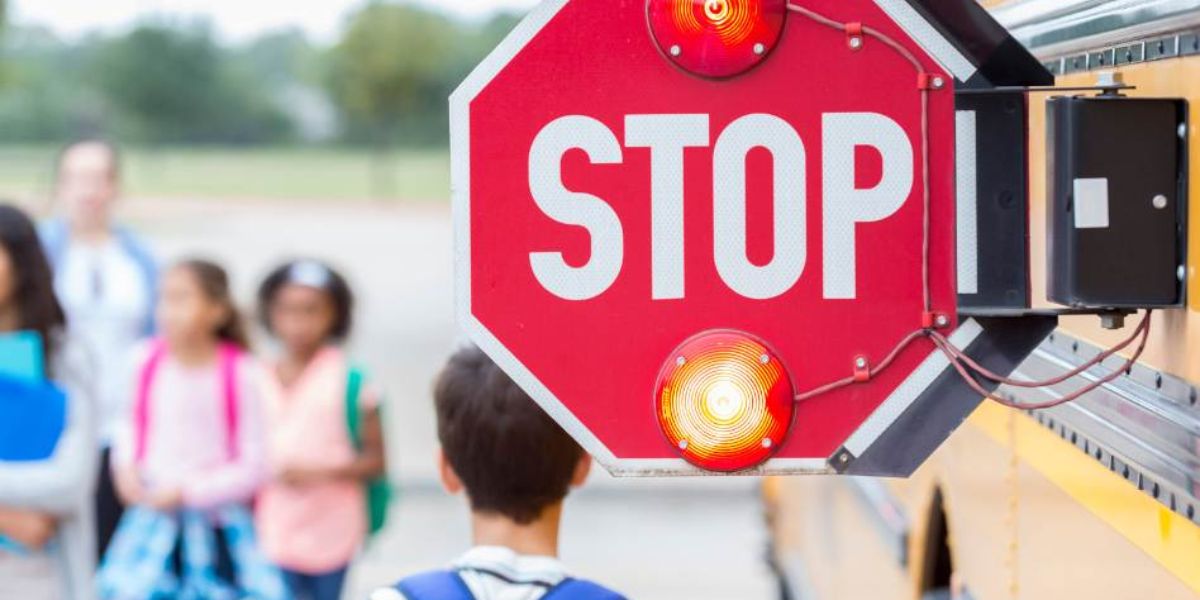In one of the largest dogfighting busts in South Carolina’s history, authorities rescued 160 dogs and arrested 11 men involved in the illegal dogfighting operation. The bust, which took place over two days in Dillon and Marion counties on April 2 and 3, 2025, was conducted by the South Carolina Law Enforcement Division (SLED) in collaboration with local and federal agencies.
The rescue operation uncovered more than just abused animals, as agents also seized illegal drugs, firearms, and a large sum of cash, making it one of the most successful takedowns of its kind in the state.
The dogs, many of whom had been scarred from brutal fights and kept in appalling conditions, were rescued from 10 properties across the two counties. Investigators found the dogs chained to heavy metal objects, often left without sufficient food or water.
In some cases, the dogs were kept in small, confined spaces where they had little room to move, while others had severe injuries from being forced to fight. At one property, a young puppy was discovered locked in a crate with no food, water, or space to move. The trauma the dogs endured was described as “a fate worse than death” by veterinarians working with the rescue team.
During the bust, SLED agents discovered significant evidence of drug trafficking tied to the dogfighting operations. The authorities seized $69,700 in cash, 55 firearms, and a large quantity of illegal drugs, including 17 pounds of marijuana, 11 grams of crack cocaine, one gram of cocaine, two grams of ketamine, 990 fentanyl pills, and 2,266 ecstasy pills.
These seizures highlight the connection between dogfighting rings and other criminal activities, including drug trafficking and illegal firearm possession. One of the arrested suspects turned himself in on April 4, 2025, after the operation.
The charges against the 11 suspects include animal fighting, which is a felony in South Carolina. Animal fighting can result in up to five years in prison and a $5,000 fine. Additionally, many of the suspects face charges of animal cruelty and the mistreatment of animals.
One particularly disturbing case involved a 41-year-old man from Dillon, who was found with 27 dogs, many of which were severely scarred from previous fights. Another suspect, who owned 22 fighting dogs, had firearms accessible to his young daughter, leading to an additional charge of unlawful risk to a child.

These arrests were part of an ongoing effort by SLED to dismantle the dogfighting networks that have been operating throughout the state. SLED Chief Mark Keel emphasized that the agency would continue to track down and arrest those involved in such operations. He stressed that these criminals must be held accountable for their actions, both in terms of the violence inflicted on animals and their involvement in drug trafficking and other illegal activities.
Veterinarians who assisted in the rescue effort described the physical and emotional trauma that the dogs suffered. According to Jennifer Bonovich, a forensic veterinarian working with SLED, the dogs were often forced into brutal fights for profit, with no concern for their well-being.
“Bones are crushed and fractured, all of this while members of your community are watching and cheering,” Bonovich said, describing the horrifying reality faced by the animals. She also noted that many of the dogs were found to be malnourished and severely injured, with some even being forced to fight until death.
Since the formation of SLED’s dogfighting unit in 2023, the agency has rescued 492 dogs and arrested 116 individuals involved in these illegal operations. Marion and Dillon counties have seen the highest number of dog seizures in the state, with these areas leading the state in the number of dogs rescued since January 2024.
In total, the counties have seen 82 and 72 dogs rescued, respectively. Other counties, including Richland, Darlington, and Georgetown, have also been hotspots for dogfighting activity, but Marion and Dillon have seen the most significant action.
Governor Henry McMaster, who has been a vocal advocate against dogfighting in South Carolina, praised the operation and reaffirmed his commitment to ending the practice. McMaster, who was instrumental in starting the state’s anti-dogfighting task force in 2004, has continued to push for more resources to combat dogfighting rings.
He has called for additional funding from the state legislature to support SLED’s dogfighting unit, emphasizing that the fight against this horrific activity requires more resources and attention. In his January State of the State address, McMaster again urged the legislature to provide $500,000 to help with the cost of veterinary care for rescued dogs and the prosecution of those involved in animal cruelty cases.
In response to the growing demand for resources, South Carolina passed a law in 2023 known as the “cost of care” act. This law shifts the financial responsibility of caring for rescued animals from taxpayers to the accused individuals.
Under the law, once a judge determines that the seizure of animals was justified, the accused must either pay for the care of the animals for the duration of the case or immediately forfeit ownership. This change has allowed rescued dogs to be adopted out to new homes much more quickly than before, reducing the burden on shelters and taxpayers.
Organizations like the American Society for the Prevention of Cruelty to Animals (ASPCA) have partnered with SLED to provide the rescued dogs with the care they need to recover and find new homes. ASPCA President Matthew Bershadker was present at the announcement of the bust and highlighted the importance of such collaborations in ensuring that rescued animals receive proper care and eventually find loving families. He also emphasized that the “cost of care” law has been crucial in speeding up the process of placing dogs in homes after they are rescued.
While this bust has been a significant step forward in the fight against dogfighting in South Carolina, officials are well aware that more work needs to be done. The operation has drawn attention to the ongoing issue of animal cruelty and illegal dogfighting rings that continue to thrive in the state.
Law enforcement agencies have made it clear that they will continue to target these operations and hold those responsible accountable for their actions. Through continued collaboration with local and federal agencies, SLED and its partners hope to end these barbaric practices once and for all.
Disclaimer: This article has been meticulously fact-checked by our team to ensure accuracy and uphold transparency. We strive to deliver trustworthy and dependable content to our readers.




